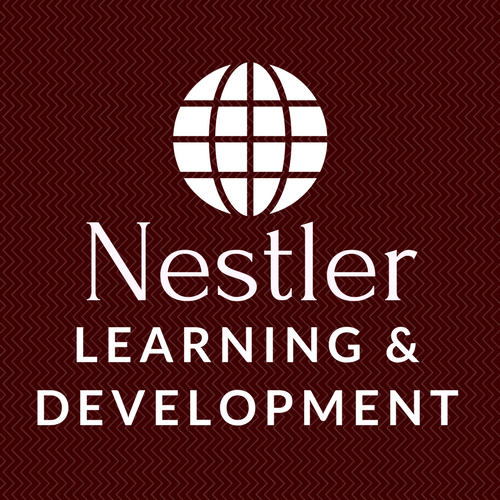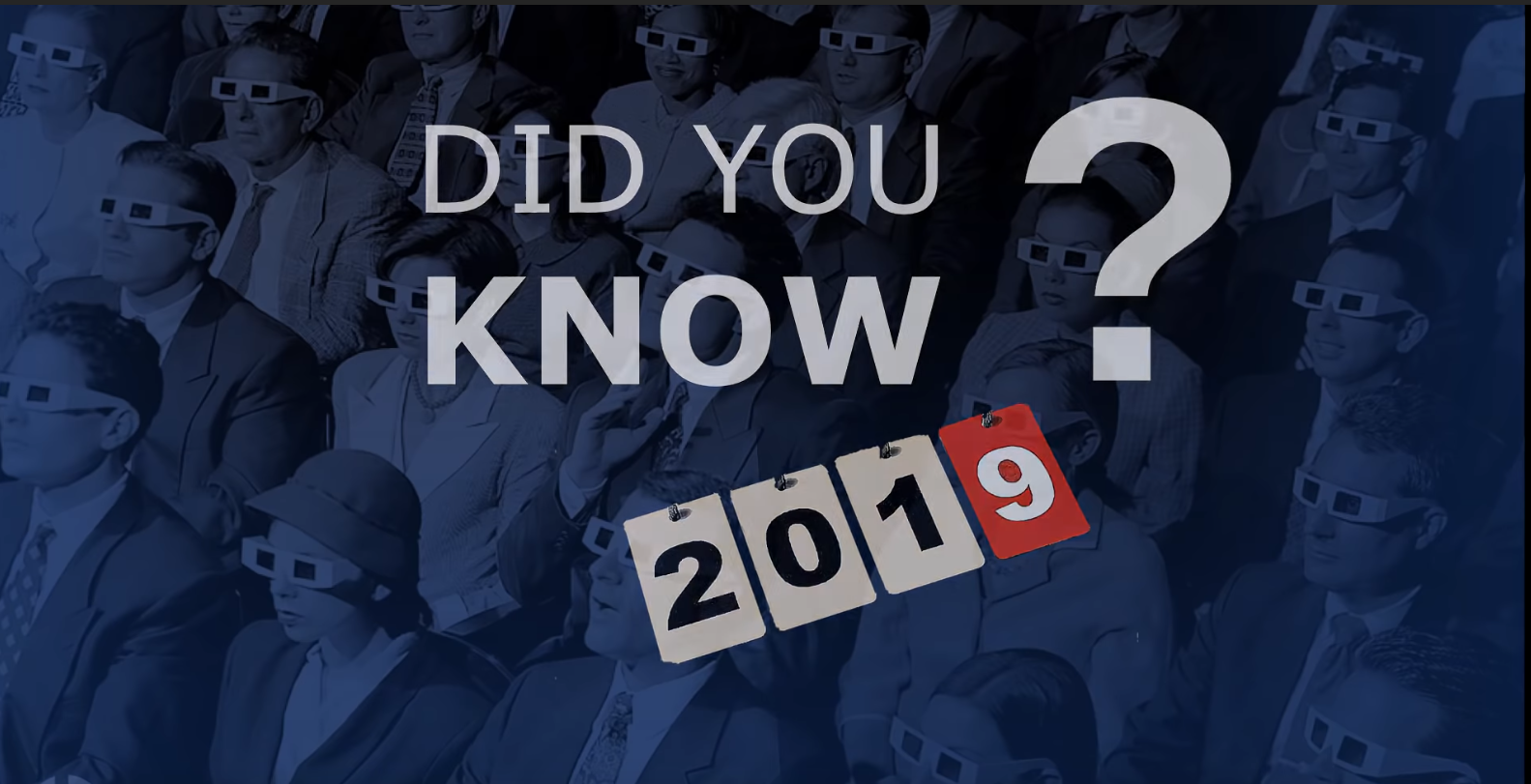Never has knowledge management been more important than it is today. We rely more heavily on knowledge to generate profits in our companies and to solve societal problems. The world’s major patent offices have never been busier processing the requests of individuals, teams and whole organizations to receive legal recognition for the new inventions they create.
The 2019 version of a video which is available on You Tube under the name “Did You Know” provides some dizzying statistics about information. Click the image and take six minutes to watch.
There are 100 billion Google searches per month.
A week’s worth of the New York Times contains more information than a person was likely to come across in a lifetime in the 18th century.
Eight zettabytes (8 x 10 to the 21st power) of unique data was created worldwide in 2015 – which is more than the previous 5,000 years put together.
The amount of new technical information is doubling every two years.
Yet as we necessarily become more specialized, mission-critical data is likely to reside in the mind of one single employee – and with the frequency with which people change jobs, that information may be on its way out the door.
We need to develop robust systems of knowledge management. Some that are currently in use include computer databases, people working in pairs or teams where information is shared. But there are still too many people who see the information that only they know as their job security.
Furthermore, knowledge which is not shared is unavailable for collaborative solution-seeking. If I know A and you know B, sharing in both directions will not just mean we know A and B, but we may also then be able to figure out C. A great model for thinking about that is the Johari Window which divides the parts of a problem into four panes of a window: those things which both parties know, those known only to me, those known only to you and what neither of us know.
The Internet is full of many descriptions of this model which was created by Joe Luft and Harrington Ingham, meanwhile both deceased. The model also has profound implications for solving interpersonal problems and negotiating.
Herb



